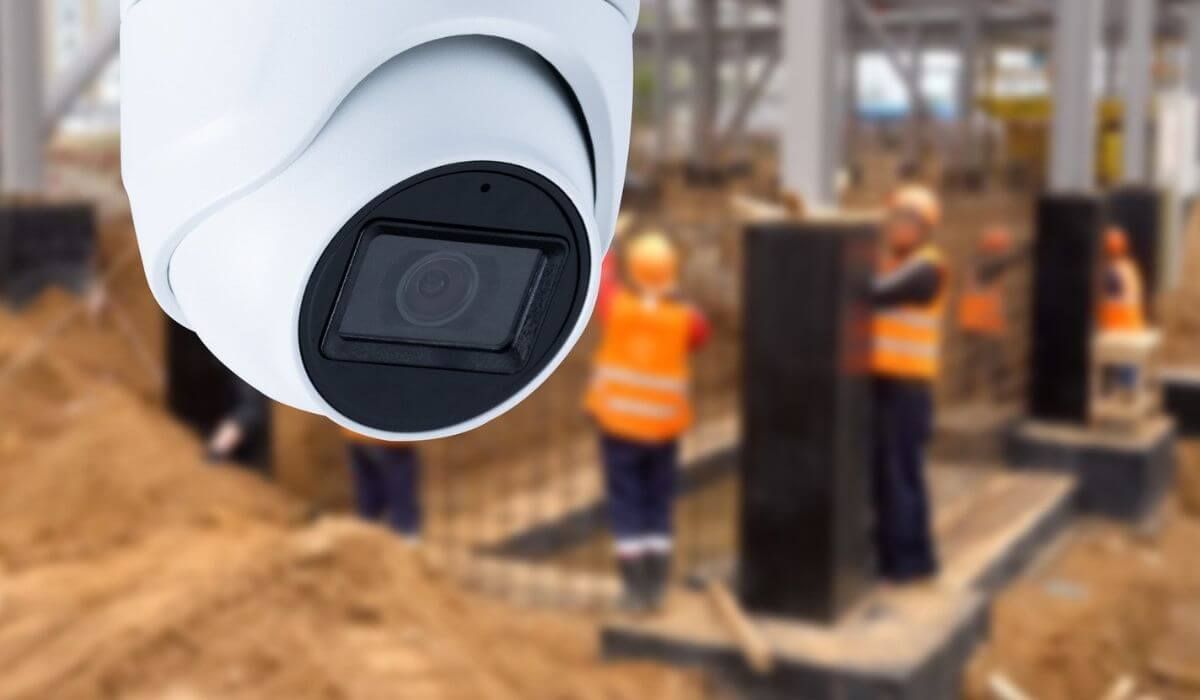How Sound Masking Systems Work: Safeguarding Speech Privacy
In today's world,
privacy is paramount. This is especially true in workplaces, healthcare facilities, and other environments where confidential conversations occur regularly. Enter sound masking systems – a technological marvel designed to enhance speech privacy by subtly altering the acoustic landscape. But how exactly do sound masking systems work, and what benefits do they offer? This comprehensive guide delves into the world of sound masking, empowering you to understand its technology, advantages, and implementation for a more acoustically comfortable and secure space.
Understanding Sound Masking Technology
Imagine working in an open-plan office where every conversation seems to echo. Sound masking systems address this challenge by introducing a low-level, unobtrusive background sound. This sound, often described as similar to white noise or nature sounds, doesn't overpower conversations but subtly raises the ambient noise floor. Here's the science behind it:
- Masking Unwanted Sound: Human speech falls within a specific range of frequencies. Sound masking systems emit sounds at strategic frequencies that overlap with human speech, making it difficult for the brain to distinguish individual words.
- Privacy Through Dilution: By raising the overall background noise level, sound masking reduces the intelligibility of speech, essentially diluting conversations and preventing them from being easily overheard.
Components of Sound Masking Systems
Sound masking systems are comprised of three main components:
- Sound Generators: These electronic devices produce the carefully crafted masking sounds specifically designed to blend seamlessly with the environment.
- Speakers: Strategically placed throughout the space, these speakers evenly distribute the masking sounds, ensuring consistent coverage within the desired area.
- Control Units: The brains of the operation, control units manage the entire system. They house settings for volume adjustments, scheduling, and integration with other building automation systems (e.g., lighting).
The Benefits of Sound Masking Systems
Sound masking systems offer a multitude of advantages, making them a valuable investment for various environments:
Enhancing Workplace Privacy and Efficiency
Open-plan offices, while fostering collaboration, can be breeding grounds for distraction due to constant conversations. Sound masking combats this by:
- Reducing Distractions: By masking unwanted noise, sound masking allows employees to focus on their tasks without being interrupted by overheard conversations. This leads to:
- Increased Concentration: Improved focus translates to better productivity and fewer errors.
- Secure Conversations: Confidential discussions can be held with greater privacy, fostering trust and openness within teams.
How Sound Masking Systems Protect Speech Privacy
Imagine a doctor discussing a patient's case in an examination room. Sound masking ensures these sensitive conversations remain confidential. Here's how:
- Reduced Speech Intelligibility: By masking speech frequencies, sound masking makes it harder for someone outside the designated area to understand the conversation.
- Improved Patient Comfort: Patients can feel more at ease knowing their discussions are private, leading to a more positive healthcare experience.
Case Studies: Effective Sound Masking in Action
While the previous section explored various industries that benefit from sound masking, this section dives deeper with concrete examples. Here, we'll showcase real-world case studies demonstrating how sound masking has successfully addressed privacy concerns:
- Privacy Solution in Action: A bustling law firm, struggling with maintaining client confidentiality in open-plan offices, implemented a sound masking system. Client testimonials revealed a significant improvement in privacy during consultations, fostering trust and positive client experiences.
- Enhanced Productivity Through Noise Reduction: A large call center, plagued by background noise distractions, affecting employee focus and call quality, installed sound masking. The results? Measurable increases in employee productivity and improved customer satisfaction due to clearer call communication.
Installing and Optimizing Sound Masking Systems
Considering installing a sound masking system? Here's a breakdown of the process:
- Professional Consultation: A qualified installer, like Scavi, will assess your space, understand your specific needs, and recommend a tailored sound masking solution.
- System Design and Installation: The system will be meticulously designed to ensure optimal sound distribution and privacy throughout the designated area. Scavi's experienced technicians will handle the installation process efficiently and with minimal disruption.
- Calibration and Optimization: After installation, the system will be calibrated to ensure the masking sound blends seamlessly with the environment and achieves the desired level of privacy.
Maintenance and Troubleshooting Tips
Maintaining your sound masking system ensures optimal performance and longevity. Here are some tips:
- Routine Maintenance: Regularly check the speakers for dust buildup and perform system software updates as recommended by the manufacturer.
- Common Issues: Minor issues like speaker malfunctions or volume imbalances can be addressed by a qualified technician.
- Troubleshooting Advice: The system may offer built-in diagnostic tools to help identify common problems. Consult the user manual or contact your installer for troubleshooting assistance.
Conclusion
Sound masking systems are a powerful tool for creating a more acoustically comfortable, private, and productive environment. By understanding the technology, its benefits, and the installation process, you can determine if sound masking is the right fit for your space.
FAQs About Sound Masking Systems to Protect Speech Privacy
Q: What environments benefit most from sound masking systems?
Open-plan offices, healthcare facilities, legal offices, call centers, and educational institutions are some of the environments that see the most significant benefits from sound masking systems.
Q: Can sound masking systems be used in small offices or only in large spaces?
Sound masking systems are highly scalable and can be customized for both small and large spaces. Scalable systems allow for the addition of more speakers as your needs evolve. Scavi, based in Melbourne, offers solutions tailored to fit any office size.





